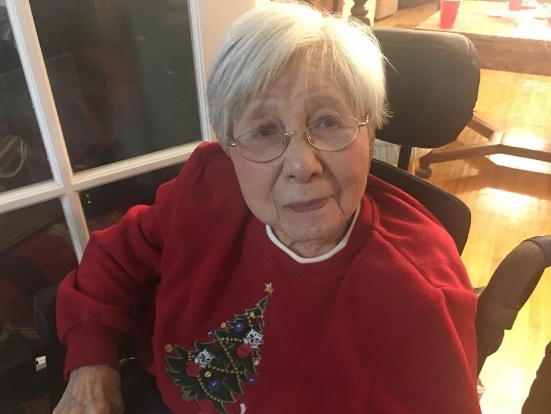Kimiko Osada Bowman, age 91, passed away on January 13, 2019.
Kim immigrated to the USA from her native Japan in 1951. In the course of only five years, she completed an undergraduate degree in mathematics and chemistry at Radford College, and MS and PhD degrees in statistics at Virginia Tech. Many years later, she was also awarded a doctorate in mathematical engineering from Tokyo University. Her close and active collaboration with L.R. Shenton, her PhD advisor at Virginia Tech, focused on the distributional properties of estimators based on non-normal data, and continued for 45 years.
Kim was a member of the scientific staff of Oak Ridge National Laboratory for 50 years, and remained active as a researcher and collaborator with ORNL staff for many years after her retirement in 1994. Kim is fondly remembered by colleagues at ORNL as a tireless, enthusiastic and dedicated researcher. She authored or co-authored three books and more than 200 articles during her career. She was the recipient of many awards, was a fellow of the American Statistical Association and the American Association for the Advancement of Science, and was an elected fellow of the International Statistical Institute and the Institute of Mathematical Statistics. Her remarkable career was featured in “Statisticians in History,” a special issue of Amstat News (September, 2008).
A victim of polio herself, Kim took an active leadership role in advocacy for individuals with disabilities. She served on the National Science Foundation Equal Opportunities for Science and Engineering Advisory Committee, and chaired the NSF Committee on People with Disabilities. She also chaired the Statistical Tracking of Employment of People with Disabilities Task Force for the President’s Committee on Employment of People with Disabilities.
Kim is survived by a son, Robert Noah Bowman and spouse Cheryl, two grandsons, and one great grandson.
Donations in her name can be made to the Kingwood Church, MAPS Honduras Alliance, 100 Harvest Way, Alabaster, AL 35007.
—
Written by Max Morris, Iowa State University

Comments on “Obituary: Kimiko Bowman, 1927–2019”